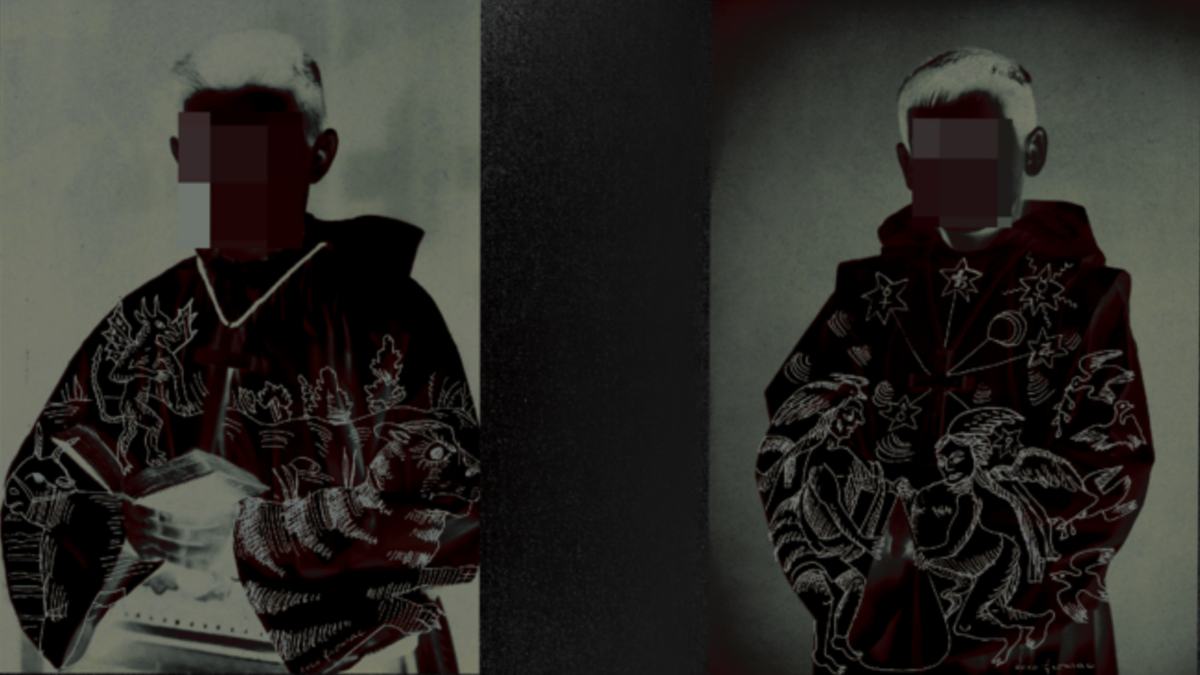Climate change? Scary. Nuclear war? Terrifying! But let’s be honest, there’s one thing that scares us all beyond these horrifying notions of the end of our species: dying alone. Yep, that’s right, I’m not afraid to admit it! Sure, I’m filled with existential dread at the thought of our planet ending due to our greed and selfishness, but what really gets me? What really keeps me up at night? The fear that all my friends, family and assorted loved ones will leave me (or die) and that I will become a miserable husk of a human being, existing purely to work and then marinate in my bed during my non-work time. Fun stuff!
You may argue that my fear and spiralling thought pattern suggest I should go to therapy (probably), but it is representative of a growing ‘loneliness epidemic’. In almost every city, state and country worldwide, self-reported levels of loneliness are increasing. You only need to spend a few minutes scrolling through ANU confessions before you come across a post admitting to having few friends, feeling lonely, or being disconnected.
Research presented in the first State of the Nation report produced by a coalition of research organisations called Ending Loneliness Together supports this trend. The report finds that one in six Australians describes themselves as “severely lonely”. And when it comes to young people, the statistics are particularly troubling. 38% of respondents aged between 18 and 24 often or always feel lonely. Every third person you meet on campus feels lonely.
How sad is that! At ANU, the problem is likely exacerbated. As most students move away from home to live on or off campus, many lose the networks they had built in their hometown throughout primary and high school, including family, friends, sports and other community organisations. Coming to Canberra, I’ve heard the idea echoed that if you don’t find friends early on (often through your college), you’re screwed.
Loneliness damages your mental and spiritual well-being as well as your physical health. A lonely body cannot manage stress like a non-lonely body, with higher cholesterol levels, blood pressure and cortisol levels, meaning that the body cannot recover from or fight off illness in the same way a non-lonely body can. As a result, lonely Australians are two times more likely to have chronic diseases and almost 30% more likely to die prematurely than those who are not.
Of course, there are also the more commonly associated mental illnesses that correlate with levels of loneliness. Lonely Australians are 4.6x more likely to have depression, 4.1x more likely to have social anxiety, and 5.2x more likely to have overall poorer well-being. The link between these disorders and loneliness is cyclical. Loneliness and social disconnect often lead to or aggravate conditions such as depression and anxiety. Moreover, depression and anxiety can create a tendency to retreat from society, further entrenching loneliness and meaning those most in need of connection are also those least likely to seek it.
So, I’m sure (I’m hoping) you’re now thinking, what can we do? Is there any way to reverse this trend? To attempt to change the widespread effects of loneliness, it helps to consider the causes, which are varied and complex. Some of these include, but are not limited to, a rise in anti-social technology and attitudes (think: hostile architecture), effects of the pandemic, movement from rural to urban areas, general societal changes that have resulted in reduced membership in communities (think: unions, churches, sporting, scouting), and, yes, you guessed it: a rise in technology (social media or other areas). Because of the multi-faceted causes of loneliness, it is difficult to identify one (or even many) strategies to help combat this loneliness epidemic. However, I believe part of this involves a mindset shift away from efficiency and towards connectedness.
In our everyday lives, we can privilege our interactions with others over the stream of tasks and deadlines with which we fill our days. These micro interactions may seem inconsequential, but they signify empathy and what Dr Tim Sharp describes as “an interest in other human beings, regardless of their station in life or their use to us”. Expressing empathy to others makes us feel good; it increases the likelihood that they will be kinder to others and strengthens the bonds that hold our democratic society together. So, this is a call to action. Order from a barista instead of a barcode! Smile confidently and intensely at people you pass in the corridor! (Note: there is a fine line between confident and creepy). Make small-talk with people while waiting in line (be like those random older adults)! You never know how your actions may affect someone, and being connected is what makes us human.
We acknowledge the Ngunnawal and Ngambri people, who are the Traditional Custodians of the land on which Woroni, Woroni Radio and Woroni TV are created, edited, published, printed and distributed. We pay our respects to Elders past and present. We acknowledge that the name Woroni was taken from the Wadi Wadi Nation without permission, and we are striving to do better for future reconciliation.
